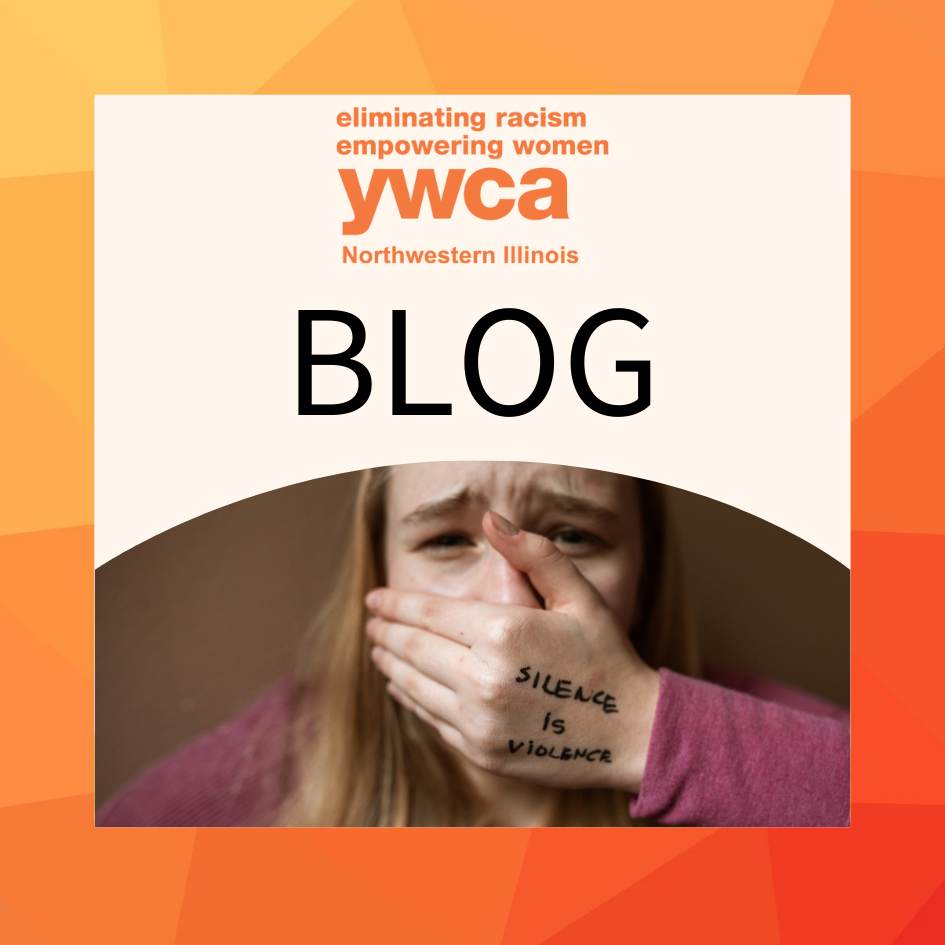Male privilege is often discussed in terms of career advantages, social perceptions, and personal freedoms. However, one of the most alarming aspects of male privilege is its potential to facilitate and perpetuate abuse against women. This abuse can take many forms such as physical, emotional, psychological, and systemic. Often enabled by the very privileges that men may not even be aware they possess. Understanding how male privilege contributes to the abuse of women is crucial for addressing and dismantling these harmful dynamics.
Male privilege, when left unchecked can create an environment where abusive behaviors are not only possible but often go unchallenged. Here’s how this privilege can contribute to the abuse of women:
- Normalization of Dominance: Male privilege often upholds traditional gender roles that view men as dominant and women as submissive. These roles can normalize and excuse abusive behavior.
- Lack of Accountability: Men benefiting from male privilege may find it easier to evade accountability for abusive behavior. Men overlook or downplay such behavior through victim-blaming, minimizing the abuse, or questioning the credibility of the victim.
- Economic and Social Power: Men often have greater economic and social power due to male privilege, which can be used to control and manipulate women. Financial dependency, career jeopardy, and social isolation are tools that abusers might exploit to maintain control and limit the victim’s options for escape or resistance.
Examples of Abuse Enabled by Male Privilege
- Physical Abuse: Male privilege can facilitate physical abuse by creating an environment where such behavior is more likely to be tolerated or overlooked.
- Emotional and Psychological Abuse: Privilege can also contribute to emotional and psychological abuse. Abusers might use their position of power to gaslight, manipulate, and belittle their partners, exploiting the inherent inequalities in their relationship.
- Sexual Harassment and Assault: Male privilege can make it more challenging for women to report sexual harassment or assault. Societal attitudes and institutional biases often discredit or minimize women’s experiences, making it difficult for victims to come forward and seek justice.
- Economic Abuse: Abusers may leverage their economic privilege to exert control over their partners. This can include restricting access to financial resources, sabotaging employment opportunities, or using financial dependence as a means of coercion.
Men need to recognize how their privilege might contribute to abusive behaviors, even unintentionally. Education about the dynamics of power and control can help men understand their role in perpetuating or challenging these behaviors. Men must hold themselves and others accountable for abusive behavior. This means not only refraining from abusive actions but also speaking out against others who engage in such behavior and supporting survivors. Working towards broader gender equality can help dismantle the structures that enable abuse. By challenging traditional gender roles and promoting equal power dynamics, we can reduce the instances of abuse and create a safer environment for everyone.
In conclusion, male privilege, when unchecked, can significantly contribute to the abuse of women. Recognizing this connection is essential for creating effective solutions and fostering a culture of respect and equality. By addressing how privilege enables abuse, holding perpetrators accountable, and working towards systemic change, we can begin to dismantle the harmful dynamics that perpetuate violence and create a more just society.
If you would like to make conscious efforts to address biases that contribute to personal growth and societal change, reach out to us and register for one of our PAIP classes.
YWCA Northwester IL: 1-(815) 484-9442 EXT.306
National Domestic Violence Hotline: 1-(800) 799-7233
Please remember all calls are confidential.
-Estefania Barrientos, YWCA Northwestern Illinois La Voz Latina FAC Parent Educator/PAIP Coordinator




